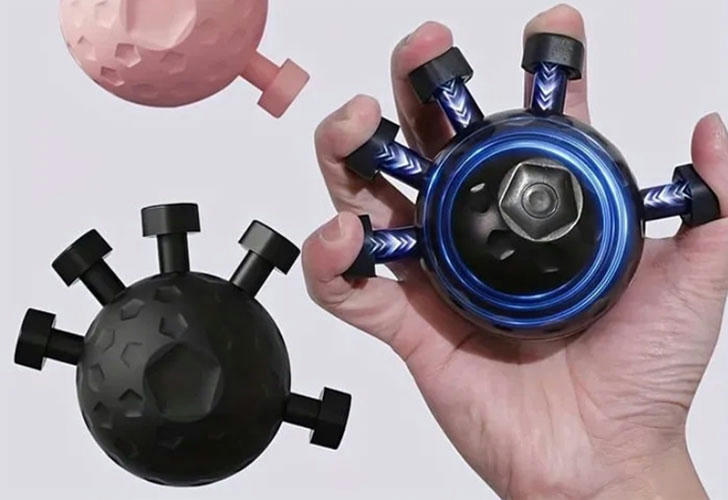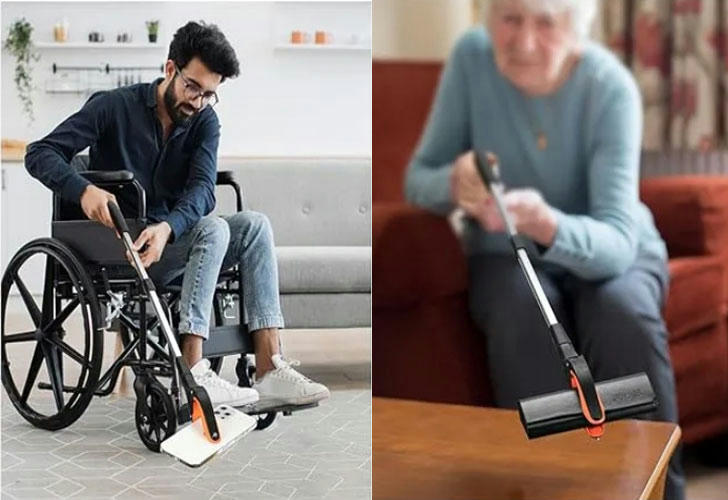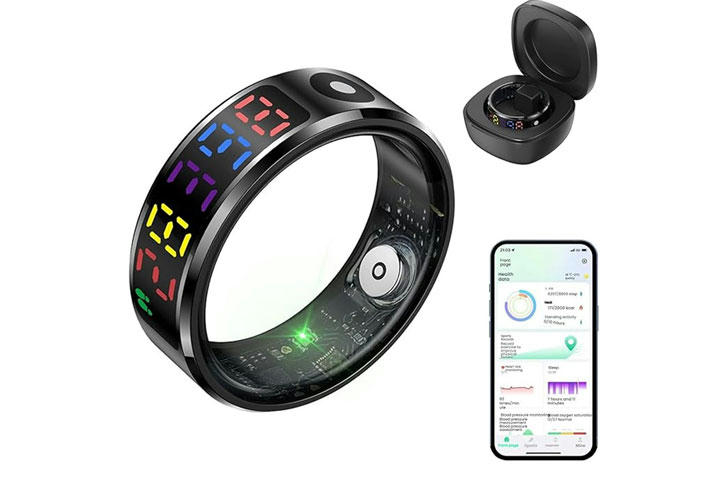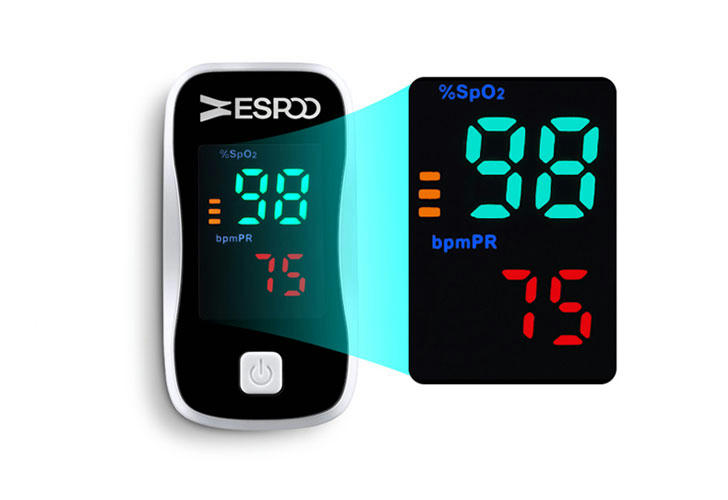How to Conduct Parkinson's Rehabilitation Training at Home
Parkinson's disease is a progressive neurological disorder that affects movement and daily functioning. Managing the symptoms and improving the quality of life for those affected often involves a combination of medication, therapy, and supportive products. Here’s an overview of effective rehabilitation strategies and recommended products to aid in recovery.
Strength Training Devices
Overview: Regular exercise is vital for managing symptoms and maintaining physical function.
Recommended Product: Finger Grip Strengthener

• Regular use can improve hand strength and dexterity, counteracting the rigidity and muscle weakness characteristic of Parkinson's. The repetitive squeezing motion helps maintain fine motor control while stimulating brain-muscle connections through neuroplasticity.
Assisted Living Equipment
Overview: Assistive living devices are vital for people with Parkinson's disease, improving safety and independence by compensating for movement impairments.
Recommended Product:
Foldable Grabber With 360° Swivel Clip

•Comes with an ergonomic handle for a comfortable grip. Clutches and releases with a simple press of a button, can quickly grip objects from high, low, far and narrow areas. It’s a must-have in medical facilities and elderly care to minimize physical strain.
Personal Safety Devices
Overview: Safety is a significant concern for individuals with Parkinson’s due to the risk of falls.
Recommended Product:
Smart Health Rings

•Equipped with high-precision sensors (heart rate, SpO2, sleep tracking) and AI algorithms, it analyzes real-time data to generate personalized health reports. It also supports abnormal indicator alerts, meeting users' needs for chronic disease management, fitness optimization, and overall wellness improvement.
Oxygen Monitor Fingertip

A fingertip oxygen monitor benefits Parkinson's patients by tracking SpO₂ levels to detect early signs of respiratory issues (e.g., aspiration pneumonia or hypoxemia), monitoring medication-related breathing changes, and providing real-time feedback for proactive health management, reducing complications and improving safety.
Conclusion
For individuals living with Parkinson's disease, utilizing supportive products can significantly enhance their quality of life and independence. From medication management tools and mobility aids to cognitive training apps and comfort items, these products are designed to address specific challenges faced by Parkinson’s patients. Always consult with healthcare professionals when selecting products to ensure they meet individual needs effectively.
